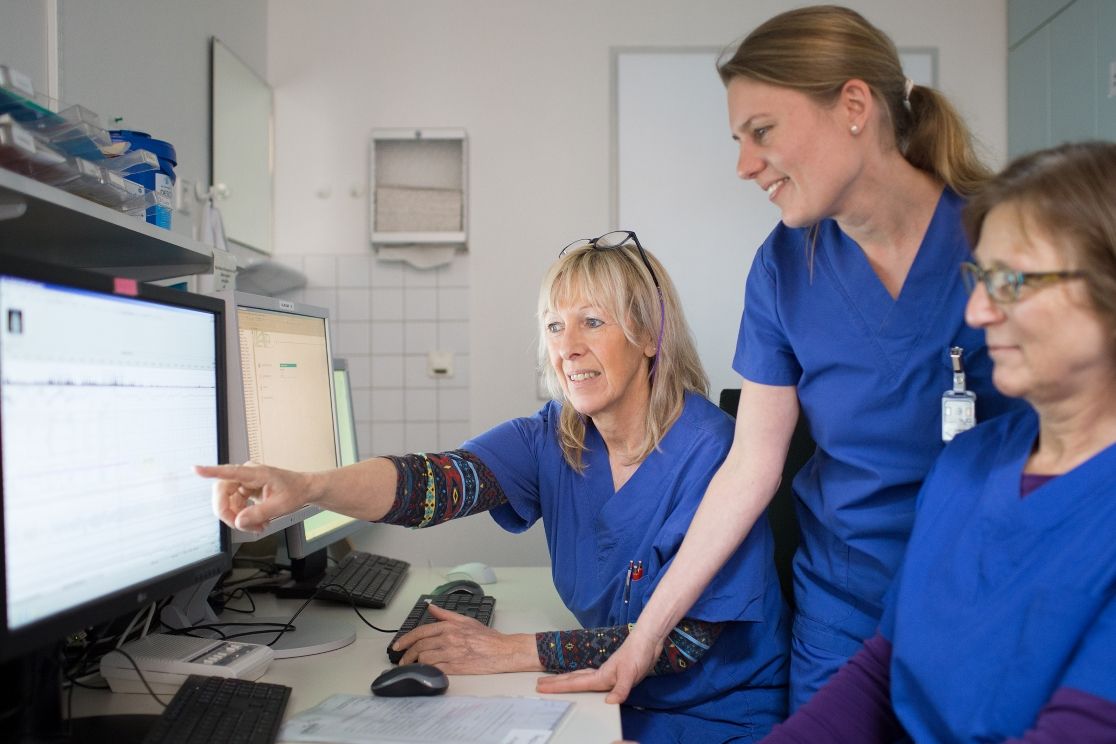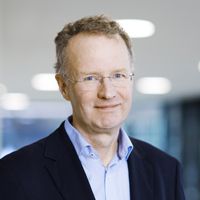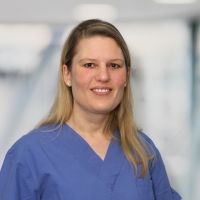Interdisciplinary pediatric sleep medicine
Good sleep is important for the healthy development of children of all ages. Sleep problems are common. However, they can be easily diagnosed and treated. Our interdisciplinary children's sleep laboratory works closely with orthodontists, ENT physicians, oral surgeons, psychologists, neonatologists, neuropediatricians, speech therapists and many other disciplines to find the optimal therapy for your child.
Our sleep laboratory has been in existence for over 15 years and we have a total of 4 discharge stations at the Tal Clinic and 2 more at the Berg Clinic. In 2021, we successfully participated in the certification process of the German Society for Sleep Research and Sleep Medicine (DGSM e.V.). We see more than 600 children aged 0 to 18 years annually.
For adult patients with sleep problems (except primarily sleep apnea/sleep-related breathing disorders), we refer to the sleep outpatient clinic of the Department of Psychiatry and Psychotherapy.



